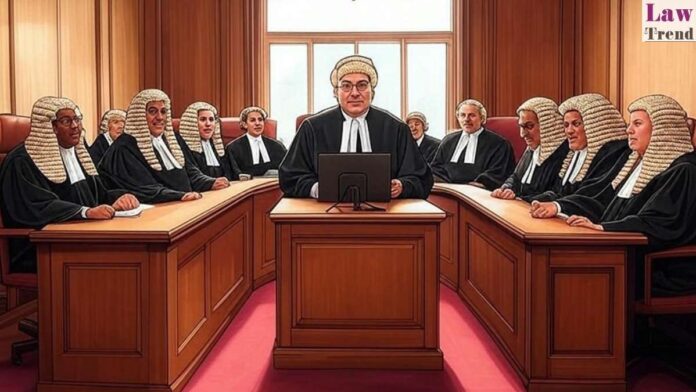The Supreme Court of India, in an order dated September 26, 2025, has directed the High Court for the State of Telangana to appoint qualified candidates to the posts of District Judge (Entry Level) and Civil Judge (Junior Division) as a special case, after the High Court conceded to their appointment during the hearing. The
To Read More Please Subscribe to VIP Membership for Unlimited Access to All the Articles, Download Available Copies of Judgments/Order, Acess to Central/State Bare Acts, Advertisement Free Content, Access to More than 4000 Legal Drafts( Readymade Editable Formats of Suits, Petitions, Writs, Legal Notices, Divorce Petitions, 138 Notices, Bail Applications etc.) in Hindi and English.




